Table of Contents
ToggleSooner or later, anyone that knows they want to be a lawyer will find a specific field they wish to specialize in. Some choose to go into business law to play to their strengths, while others see it as an opportunity to make a difference in civil rights or environmental law. Another interesting option is constitutional law.
What is a constitutional lawyer?
Simply put, a constitutional lawyer focuses on constitutional rights and legislation cases. The United States Constitution should protect us all by providing basic freedoms, but there are often times when the law doesn’t do enough or another party violates those rights.
Constitutional lawyers can help fight for justice and even take cases further to the United States Supreme Court for important rulings. Without constitutional law, the socio-political landscape of America would be a lot different.
What Does It Take To Become a Constitutional Lawyer?
Aside from a strong education and the right qualifications, constitutional lawyers need the skills to research cases and fully understand the implications of the law and constitutional terms. There also has to be that desire to strive for clear victories and perhaps wider social change.
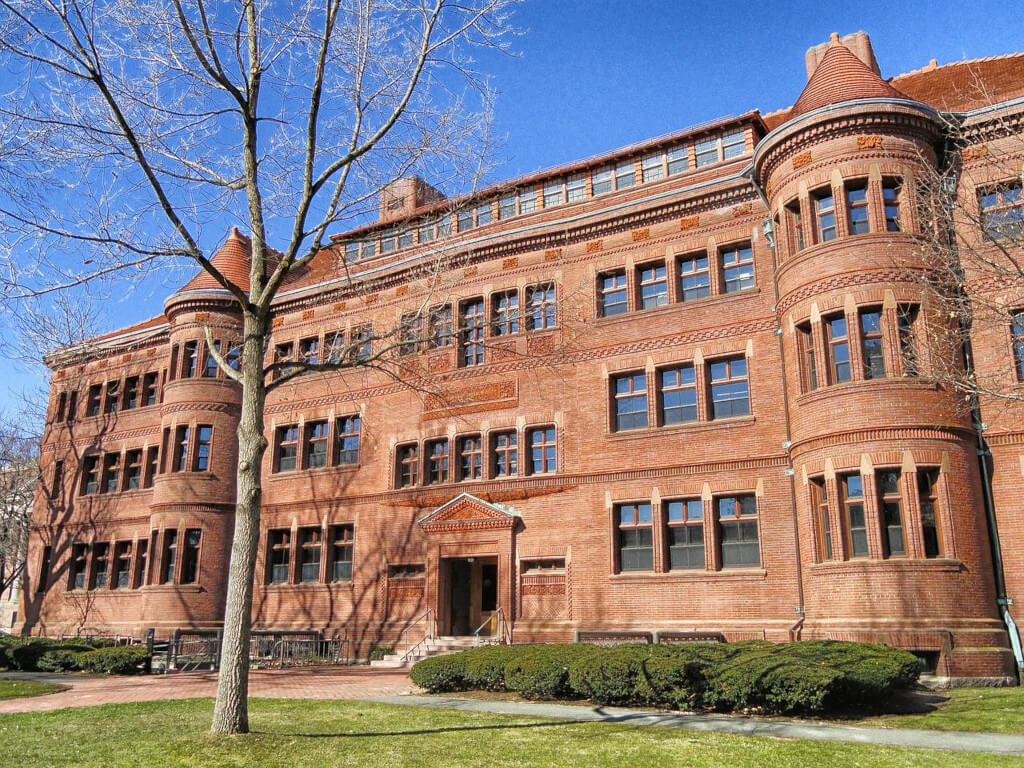
As you will see below, constitutional lawyers are responsible for some major changes to the rights of Americans and will be for a long time to come.
What Do Constitutional Lawyers Do?
Constitutional lawyers follow due process for amending and devising new laws to emulate the constitution or amending the constitution to better reflect society today. This also means working hard to ensure the separation of powers.
There are three branches of the federal government: the judicial, legislative, and executive. It is important to uphold this so that no single branch becomes too powerful and diminishes the others.
Constitutional Law and the Judicial Review System
The Supreme Court can determine if a law or executive order is constitutional and then either uphold it or repeal it through the judicial review process. This is where constitutional law goes beyond defending individual cases and helps protect the people more widely.
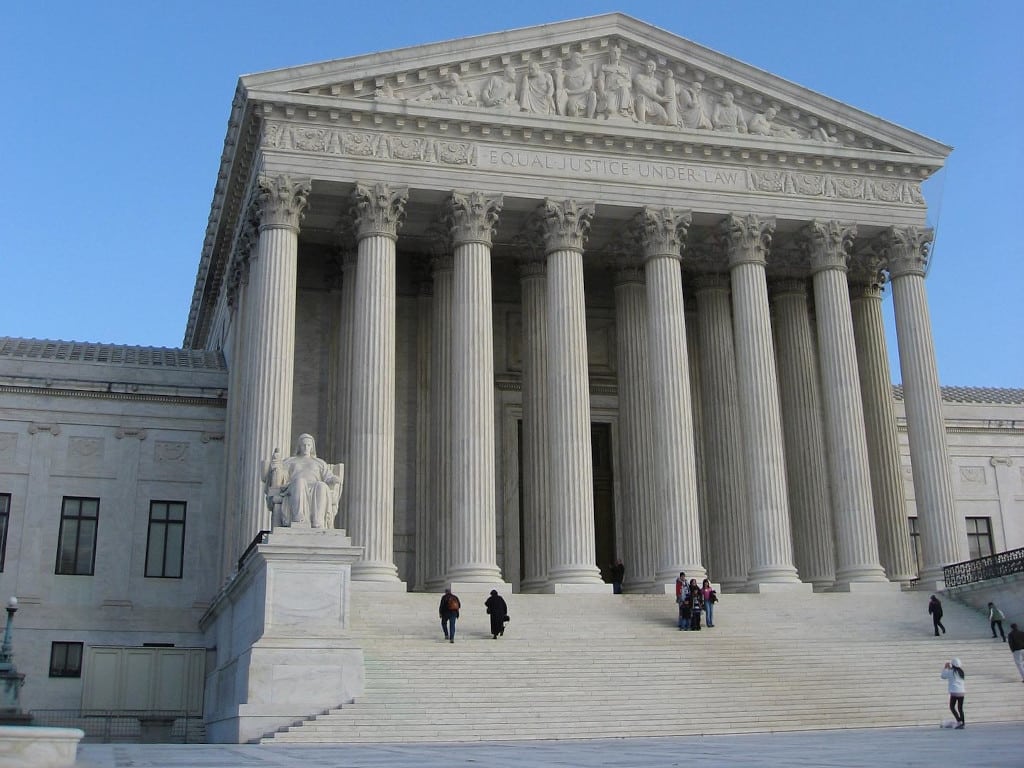
For example, there were unconstitutional aspects to an executive order by President Trump that would ban entry from a certain country. It was seen to violate the Bill of Rights and freedom of religion.
Constitutional Law and the Rule of Law
Constitutional lawyers also strive to uphold the rule of law and ensure that the judicial process does so. This means ensuring that all laws are just and apply to everyone without violating individual rights. You can see more on how this relates to the Bill of Rights and non-citizens below.
To create these just and equal laws, laws must be created in a transparent manner where the process is open to the public.
At the same time, there must be impartiality in those interpreting the laws to allow for due process and no bias against those involved. This also means equal enforcement across all communities.
The Unalienable Rights of the People of the United States
Constitutional law cases often relate to circumstances where an individual feels their constitutional rights have been violated.
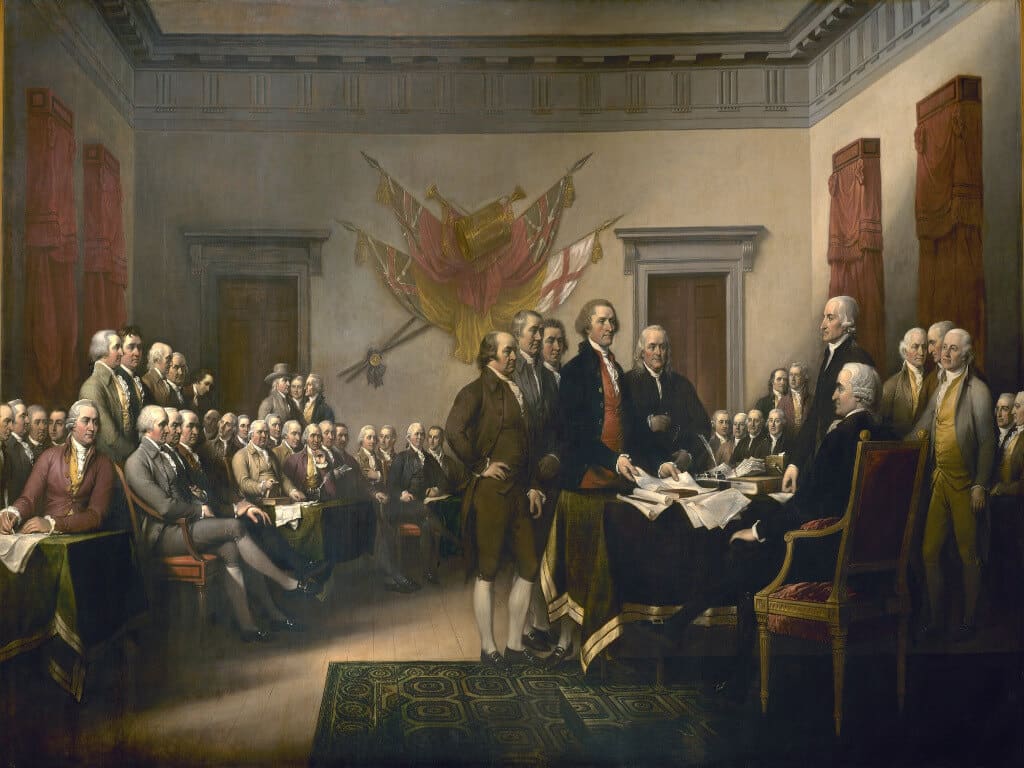
The Declaration of Independence talks about unalienable rights to life, liberty, and the pursuit of happiness. The Constitution was created much later when the United States established itself as a free and independent nation.
Here, there were implied or unenumerated rights for the people. Implied rights do provide some protection against excessive government powers. But, these are a little vague and unsatisfactory on their own. This is where the Bill of Rights became essential.
The Bill of Rights
The Bill of Rights, the series of amendments added to the Constitution, clarified many rights held by the people of the United States.
Originally, the Federalists creating the Constitution saw no need for this and believed the implied rights were enough on their own. Anti-Federalists concerned about the power of a centralized government thought differently.
A compromise was made to add the Bill of Rights when the new Congress began if those objecting states would ratify the Constitution. The Bill of Rights was created as the third Charter of Freedom.
The Amendments here highlighted the people’s basic rights, and this is where we see many challenges in constitutional law.
The Basic Freedoms of the People of the United States
This is where lawyers tend to defend cases. There are five freedoms afforded to all people of the United States. They are the freedom of religion, speech, press, assembly, and petition. If the government or an authoritarian body were to punish someone and violate any of these rights, that individual could have a case.
1st Amendment cases can vary greatly from those believing they are discriminated against on religious grounds to journalists silenced for reporting a story to cases of businesses operating their right to freedom of speech.
Some cases that involve the 1st Amendment can also have knock-on effects for future cases and disputes. For example, Schenck v. United States in 1919 restricted freedom of speech during times of war to protect the nation from espionage.
Freedom of Speech in the United States
Of course, freedom of speech has become a contentious issue in American law with the rise of hate speech. At what point does the right of a company or business owner to express their opinions and speak freely violate another’s rights to religious freedom or the privacy to be themselves.
For example, we see cases of business owners refusing services to LGBTQI+ customers because of their religious beliefs.
Rights to Fair Treatment in Custody and Court
Another common use of the Bill of Rights in cases is the ability to plead the 5th. This simply means the right to due process of law and the protection against self-incrimination. Even innocent parties have the right to remain silent and not say anything to place themselves in danger.

Get Smarter on US News, History, and the Constitution
Join the thousands of fellow patriots who rely on our 5-minute newsletter to stay informed on the key events and trends that shaped our nation's past and continue to shape its present.
The creation of the Miranda Rights in law enforcement came from the constitutional law case of Miranda v. Arizona in 1966. The ruling changed police procedures to better protect the rights of those arrested.
Many amendments in the Bill of Rights related to the justice system. The 6th Amendment does so with the right to a speedy and public trial. The 7th does so with the right to trial by jury in civil cases.
There is also the right to freedom from unreasonable searches via the 4th Amendment. The 8th Amendment protects people from excessive bail and cruel and unusual punishments.
Constitutional Law and the Right To Bear Arms
Another amendment in the Bill of Rights has important constitutional law implications because of the effect on policy-making and tensions between opposing sides. The right to bear arms has led to Americans having the right to own guns under state regulations.

Beyond this, many laws related to ownership, carrying weapons, and licenses exist. Many feel that this goes too far, especially with the number of mass shootings and ease of access to semi-automatic weapons.
Others maintain the right to do based on the Second Amendment and cite the notion of protecting the country when the time comes. The amendment talks about the need for a well-regulated militia and relates to society back in the late 1700s.
While the Second Amendment relates to people’s actions today, other rights are more outdated and less likely to be brought up in constitutional law. The freedom against quartering soldiers is unlikely to come up again, even if the United States were to go into active warfare on home soil.
Constitutional Lawyers Can Help Change the Legal System for the Better
One of the most appealing things about going into constitutional law is the opportunity to make significant changes for social justice and equality across the nation. Some cases will take claimants and the accused beyond the state systems to the Court of Appeals and even the Supreme Court.
Here, skilled lawyers can present cases and obtain rulings that impact federal law or even constitutional amendments.
One of the most famous examples of this is the case of Brown v. Board of Education in 1954, which helped propel the civil rights movement and provide great equality for African-American children.
Constitutional Lawyers Are Still As Important Today As Ever Before
Constitutional lawyers are essential for ensuring that the rights of the people aren’t violated, and this is still the case today.
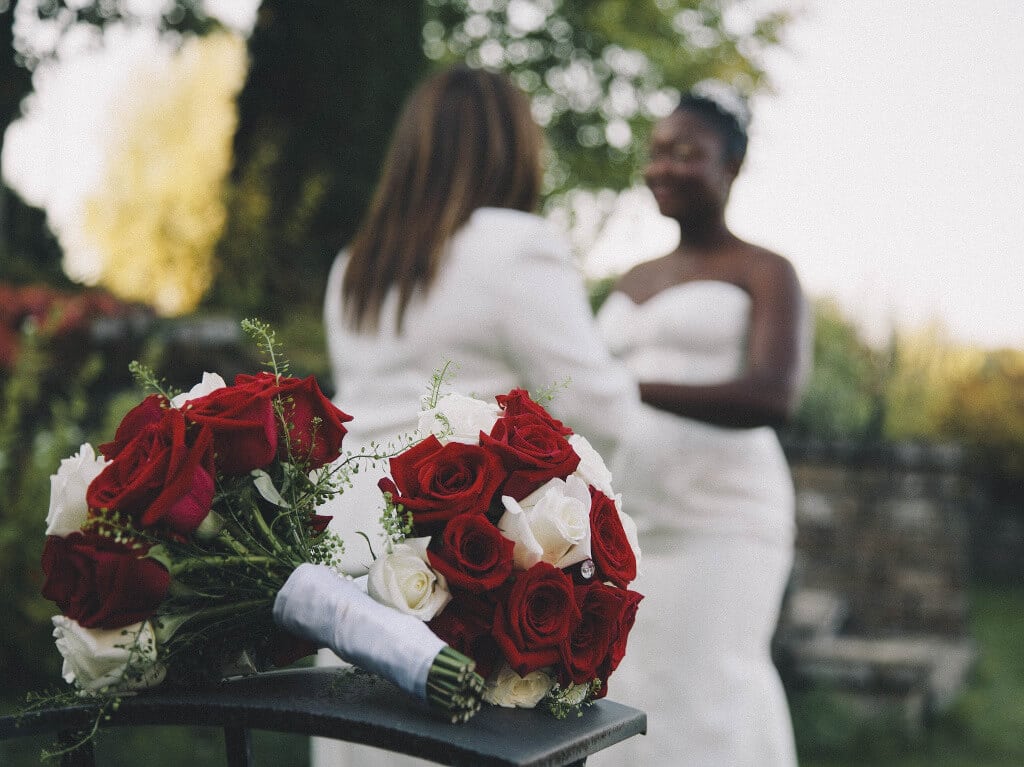
There is always the chance that something will happen where those in power restrict the rights of individuals or that a new law is unconstitutional in some way. New regimes will test their power and potentially go against the people’s will.
Cases across the 20th century and beyond allowed for important changes in the law and in the United States Constitution itself, and similar outcomes are sure to happen in the future. That is why lawyers must continue to specialize in this field.
As recently as 2015, the Obergefell v. Hodges case allowed for significantly altering same-sex marriage laws. The case resulted in the ruling that any same-sex marriage should be recognized in all other states.
Constitutional Law Is Ever-Evolving To Suit the Current Climate
A good example of the evolving world of constitutional law and the United States Supreme Court cases is that of Roe v. Wade. At the time of writing, the ruling is on a knife-edge as there are reports that the Supreme Court will overturn its original ruling.
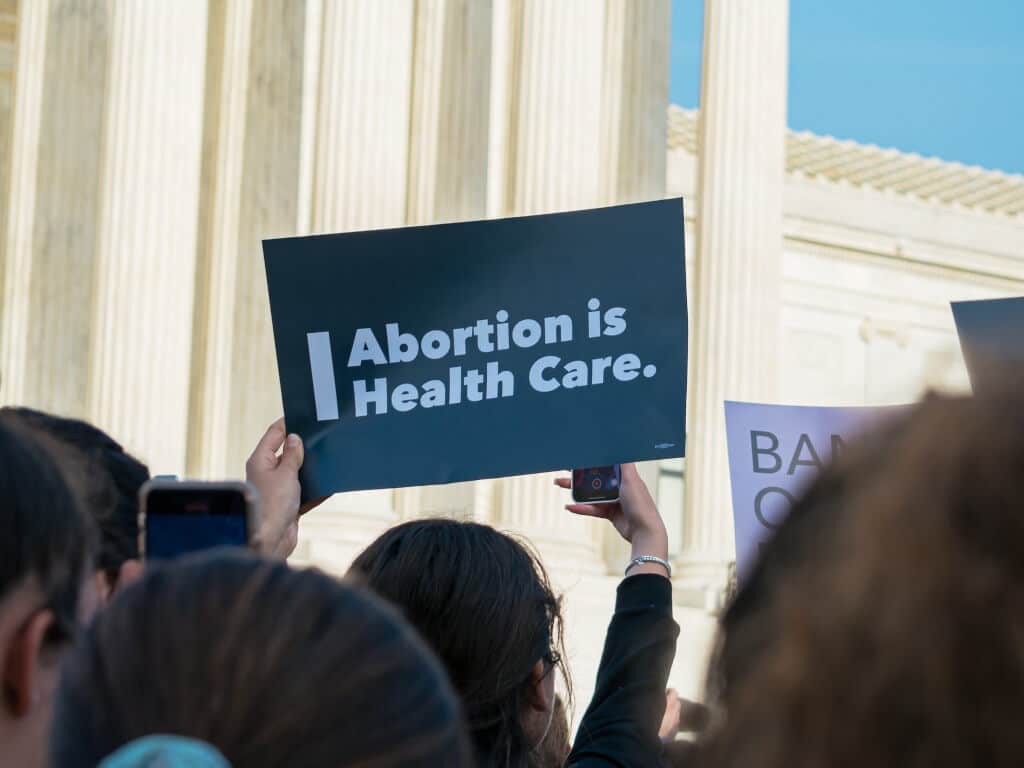
That original ruling stated that the constitution provided the right to privacy so pregnant women could seek an abortion.
This meant that abortion law on a state level varied regarding the time limit on terminations and other factors. But, abortion was not outright illegal. The implications and ethical consideration have been widely debated ever since.
The idea of removing this protection and questioning the constitutional rights of those involved could allow states to criminalize abortion outright. In turn, there will be people struggling to access care and support in their state and dealing with everything else that comes with giving birth to an unwanted child.
Can Constitutional Lawyers Defend Immigrants and Non-Citizens?
This is a common question posed by those residing in the United States that don’t have citizenship. Citizenship allows people greater rights as Americans, such as the right to vote, but that doesn’t mean that non-citizens don’t have constitutional rights.
The Constitution does not differentiate between those residing in the United States and those with citizenship when discussing freedoms.
This is important because it offers those here on visas and those in the process of obtaining citizenship the same protections. They have the same right to protest, speak freely, live their lives by their faith, sexuality, and gender identity, and follow that pursuit of life, liberty, and happiness.
Constitutional Lawyers Can Represent Anyone on Various Issues
Regardless of residential and citizenship status, there will always be cases where some people face greater punishment and mistreatment through discrimination.
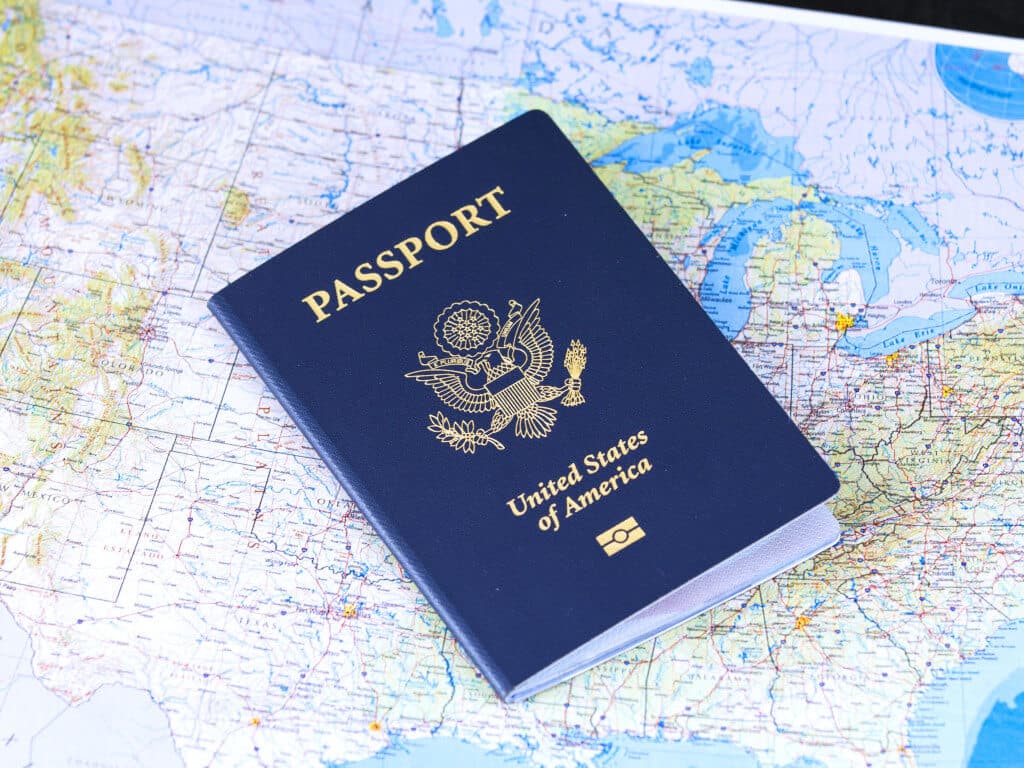
This could be because of their ethnicity, country of origin, religion, sexual orientation, and anything else that puts them at odds with a powerful majority. Constitutional lawyers have the chance to step in and ensure fair treatment for all.
Therefore, it is important to remember that constitutional law is as much about the little people as the landmark cases. Those with the skills to build a case can make an impactful change on individual and community levels too.
Lawyers need this sense of perspective to achieve great things rather than just focus on changing the world.
Is Constitutional Law Right for You?
The good news for those looking to become a constitutional law attorney is that the process is no different from other disciplines. Once you have your bachelor’s degree and enter law school, you can look for constitutional law internships. You can then apply for suitable roles after passing the Bar.
If you are looking to get into law school or considering a specialty, see if constitutional law is a good fit. You could end up fighting for the rights of everyday people or maybe help make significant changes to the law.
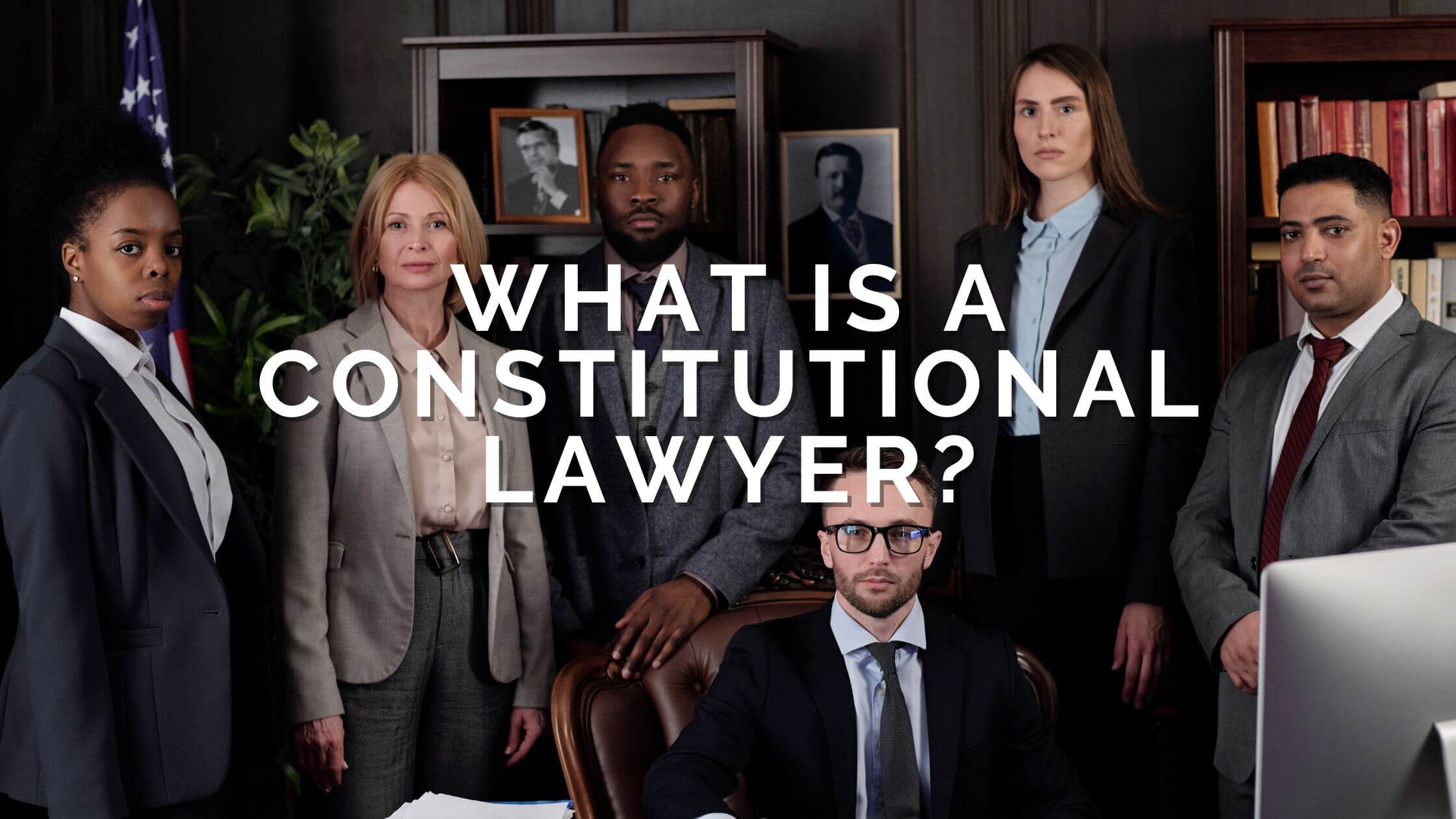

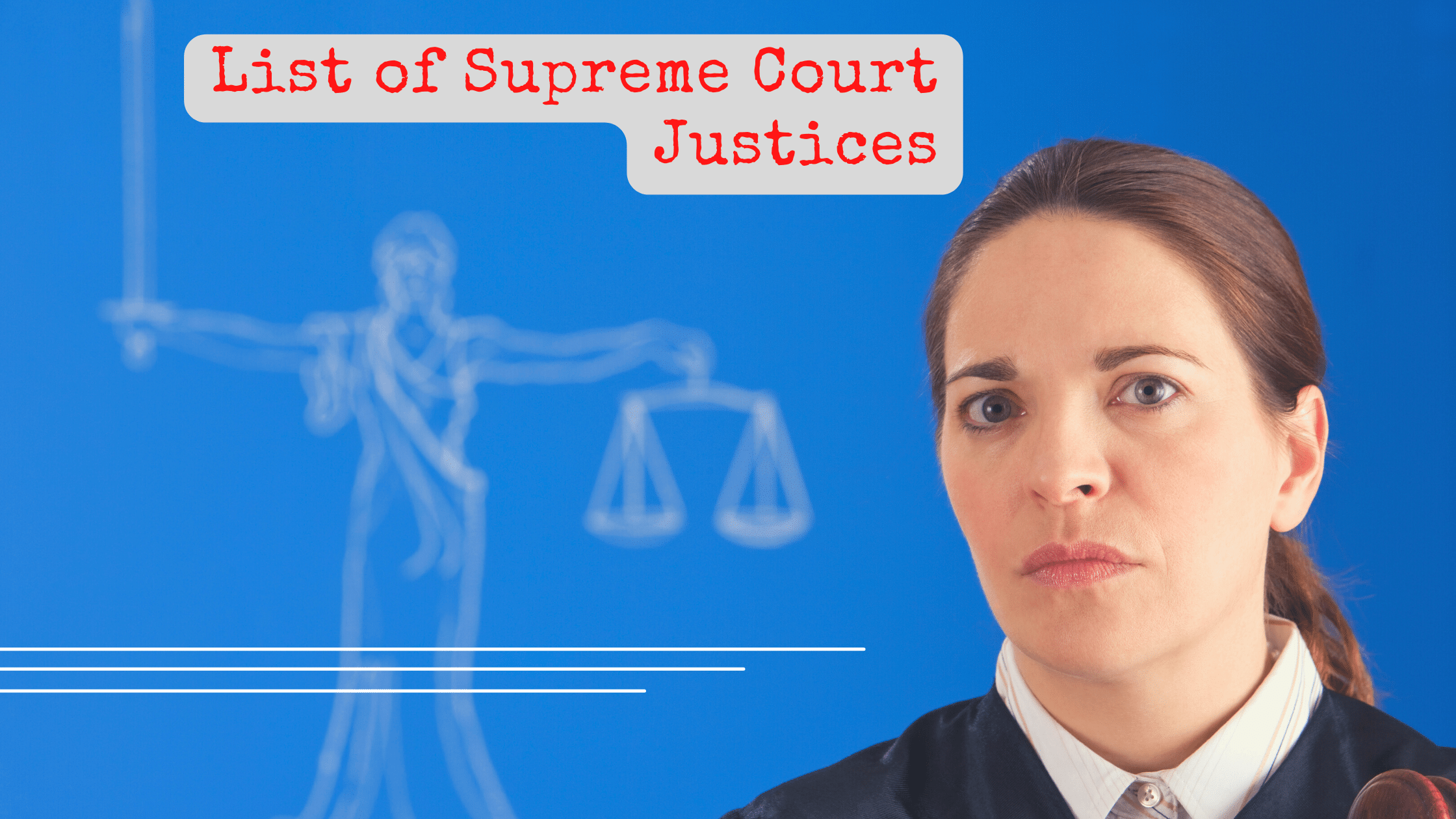
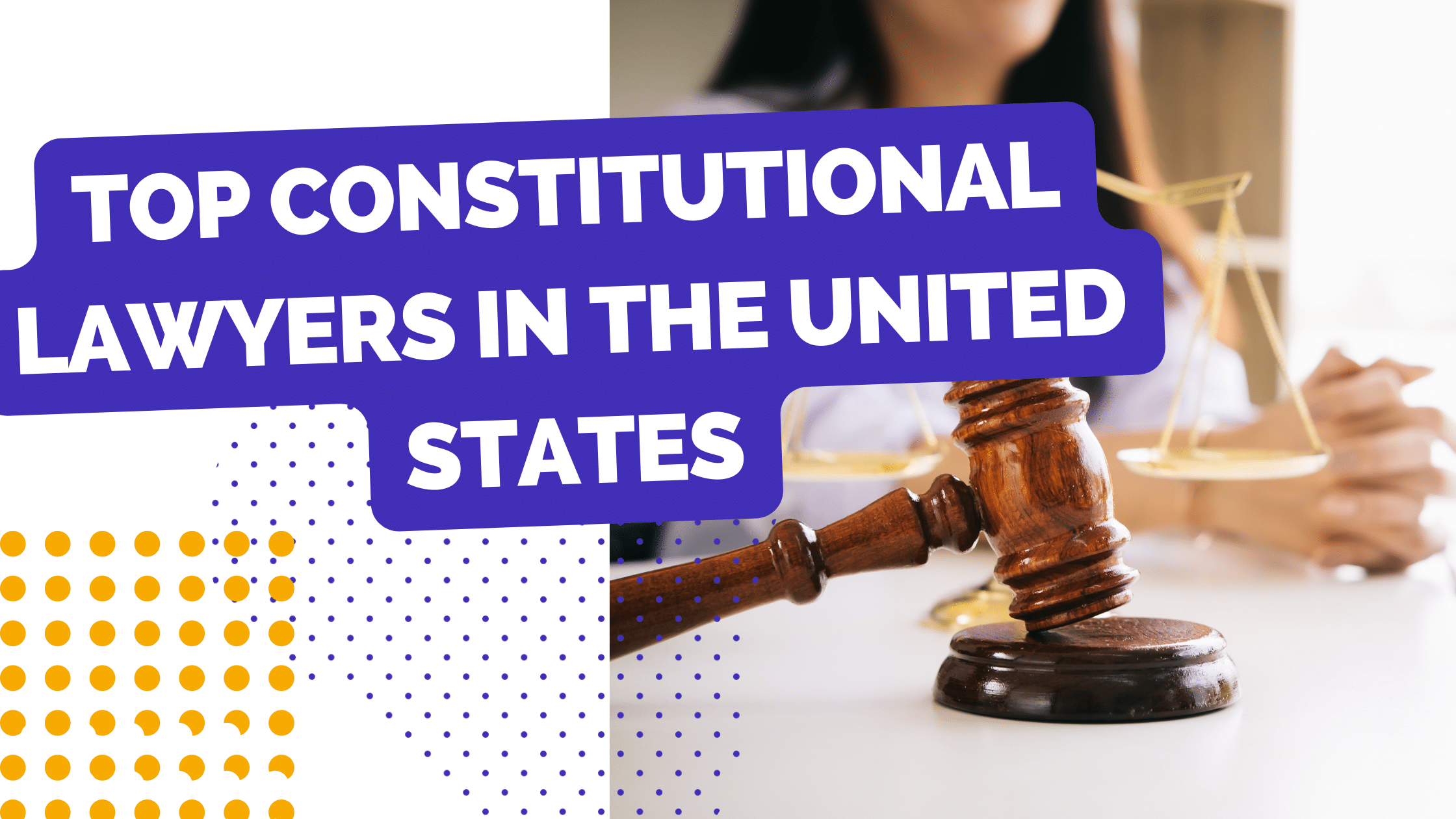








4 Responses
Hello
I’m from Chile, southamerica. I’m interested to live and work in the states, using the legal tools to achieve this. I have been pass through several unconstitutional treatment to my person, in my country. I even tried to get some help from human rights organizations. I do not belong to any political side, circle or anything that can be used to justify what in here are laws too, like the protection of the privacy, law 19.628 in Chile, including articles 19.4 and 19.5 of the actual constitution in here. All of them, are properly declared in the website of congress library. People that overule basic constitutional rights, and laws, can extortion, intimidate,…, almost threspass any civil right of a person. I did’t even voted in Chile past elections, to avoid any kind of aditional problems. I ask to local justice in past years, due unhuman treatment when I was living in the south of Chile. I write this to explain to you my actual situtation and my willing to live and work in a country like US, where there are laws, thinks do not work in a perfect way, but such things like I described before are from out of minders, that must to be at trial, and not free to put money to threspass basic rights, what is very dangerous to any person, like me or anybody. I would like to know how can I follow a legal way to migrate to USA.
i don’t have access to any good legal research sources, and i wonder if the s.ct has ever cited the preamble tothe constitution when construing the “intent of the ‘framers’
Hello, my name is Jason Crook.
I was removed from an airplane last year during the tyranny of our government and their ridiculous mask mandate.
I did have a neck/face garnet, but was not accepted by them. (Note: it was a Trump 2020) after back and forth talking. I was kicked off with no refund and never to fly with American airlines again. Had to get a last minute hotel and last minute flight back home the next day. Very unconstitutional and uncalled for. I am currently getting harassed by the US of transportation FAA. For $10,000 fines… What are some legal actions I can take to save my family.
Why do attorneys have to pass the BAR since this is America? We are not British, and Maritime Law is not what this country was founded on. We are to be under the law of the land, Common law. We gained our independence on July 4th 1776 and yes we was put under the “Corporation” in 1871. We need our attorneys trained under Common Law and to quit using this awful rule of Britain. Since we are now back under a Republic here in the United States of America, thanks to President Trump and our GREAT Military, we will be done away with it. Now if attorneys are under their oaths of the BAR, then they are of British citizenship from my interpretation. Just my two cents……